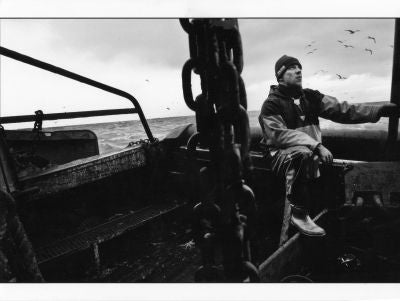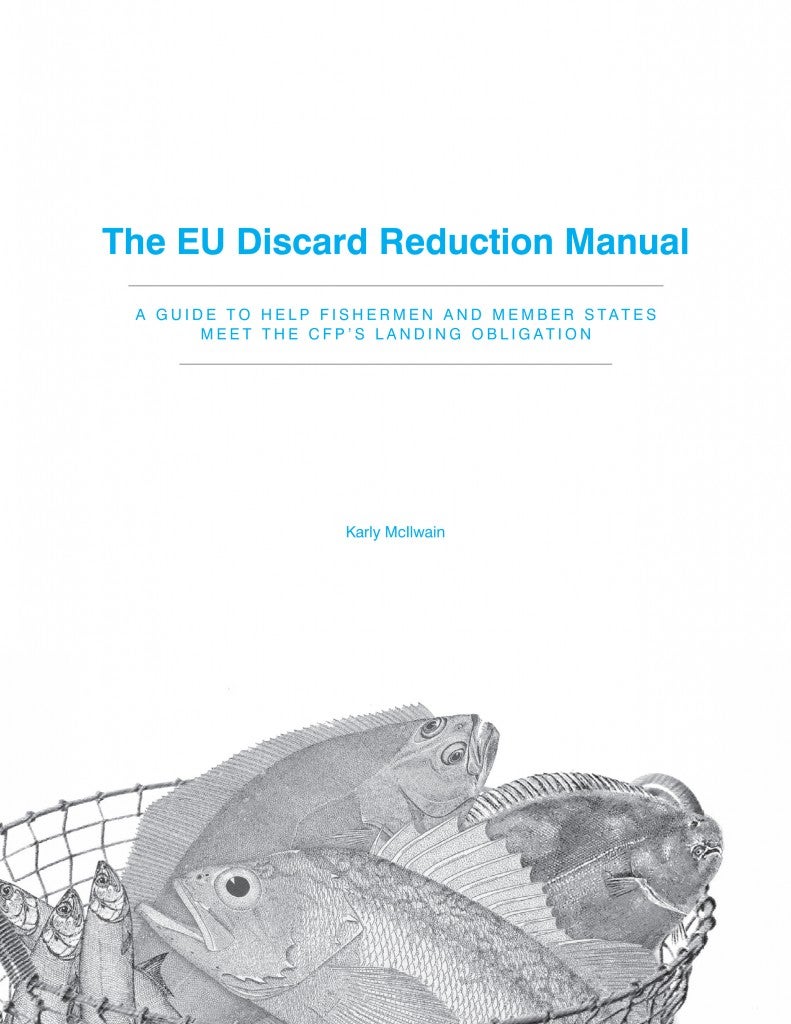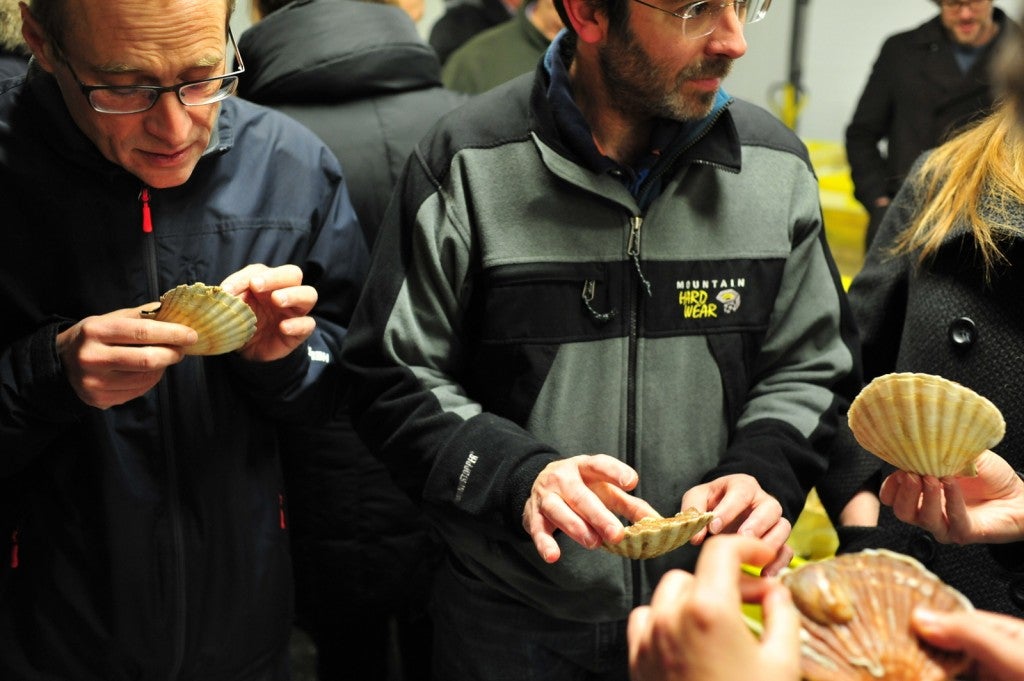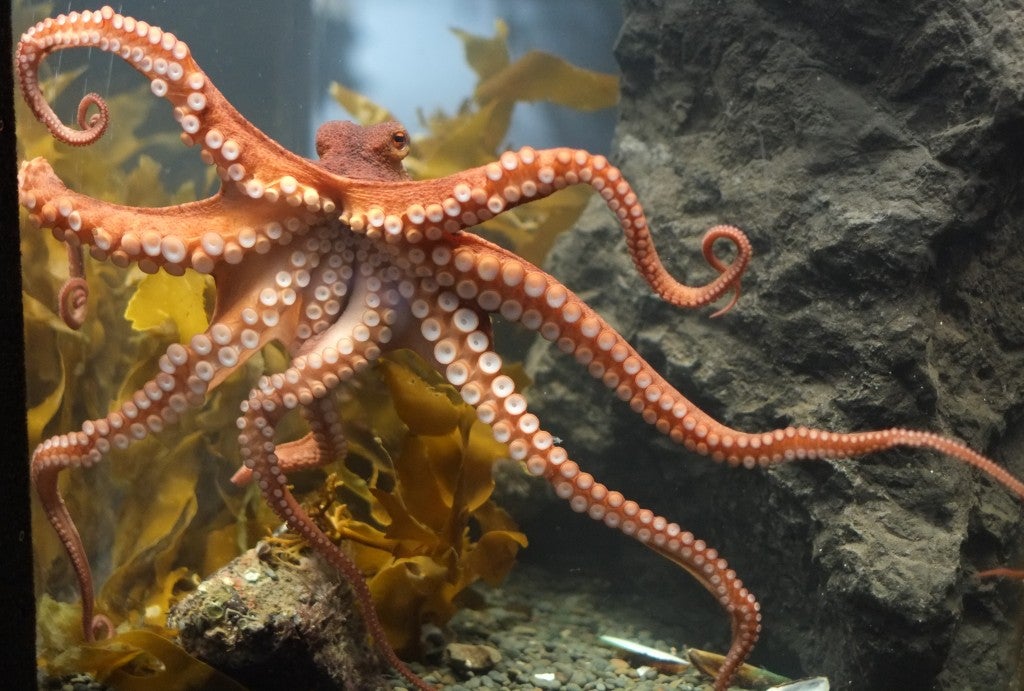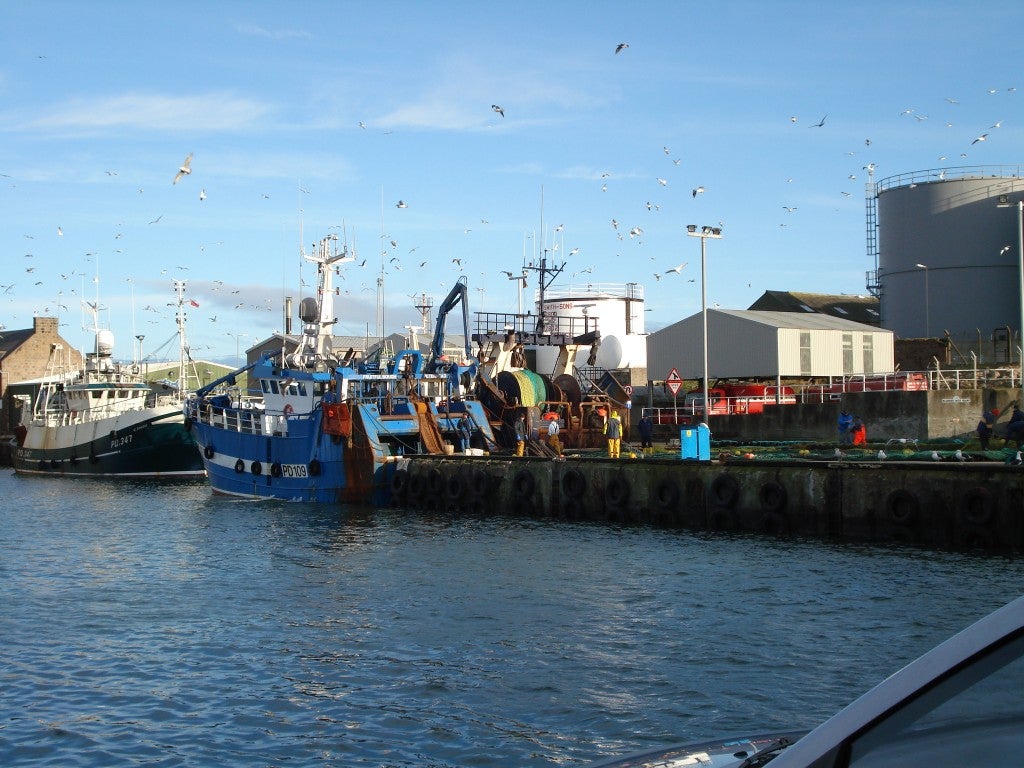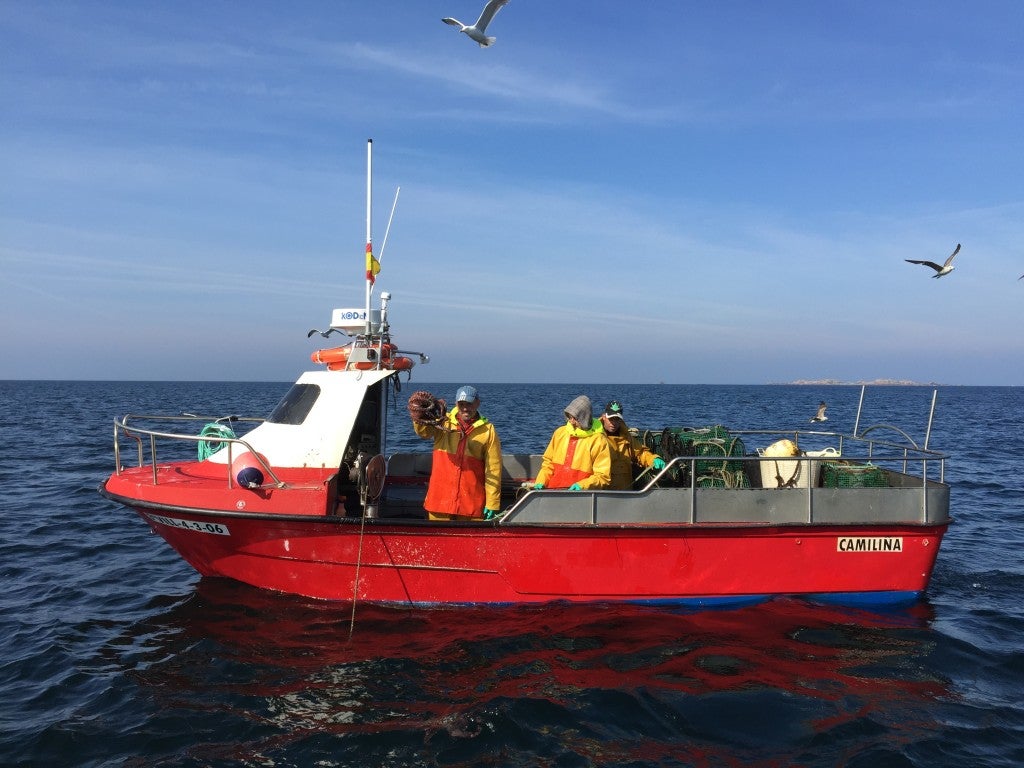
Credit: Pam Ruiter
For the last three years, Environmental Defense Fund Europe has been working in partnership with World Wildlife Fund (WWF) Spain through a nation-wide project focusing on the sustainability of small-scale coastal fisheries. Small-scale fishing is the lifeblood of many coastal Spanish communities. In order to preserve this way of life it is critical to understand how these fisheries are doing biologically. As in small-scale fisheries worldwide, many Spanish coastal fisheries have limited information available to work with, and a stronger link between science and management could be made. Read More










